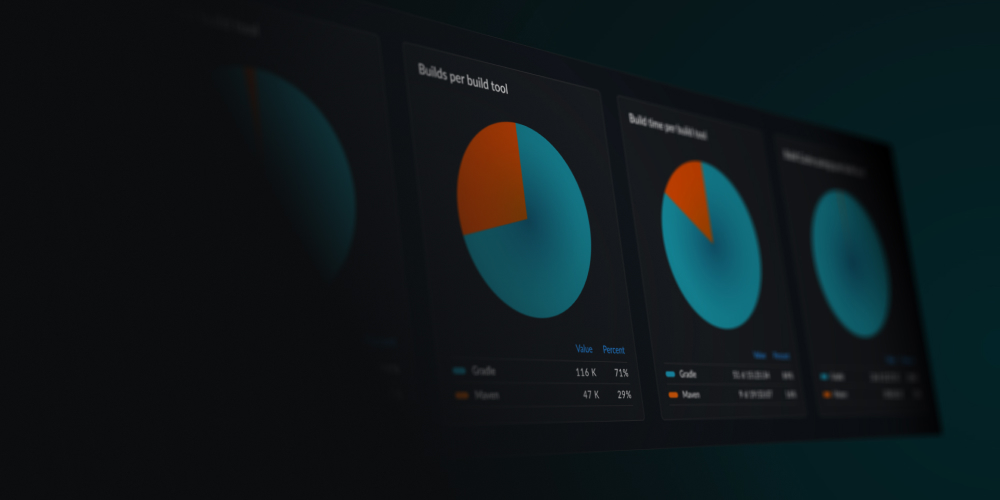DPE University: Achieve Developer Productivity Engineering mastery with free, self-paced training for Gradle, Apache Maven, and Develocity
By Lindsey BonnerWe’re excited to announce the public launch of DPE University, a free, self-paced training portal designed to help software developers and build engineers get the most out of Gradle and Maven build tools, as well as Develocity, our developer productivity platform for enterprises.
Read More →










